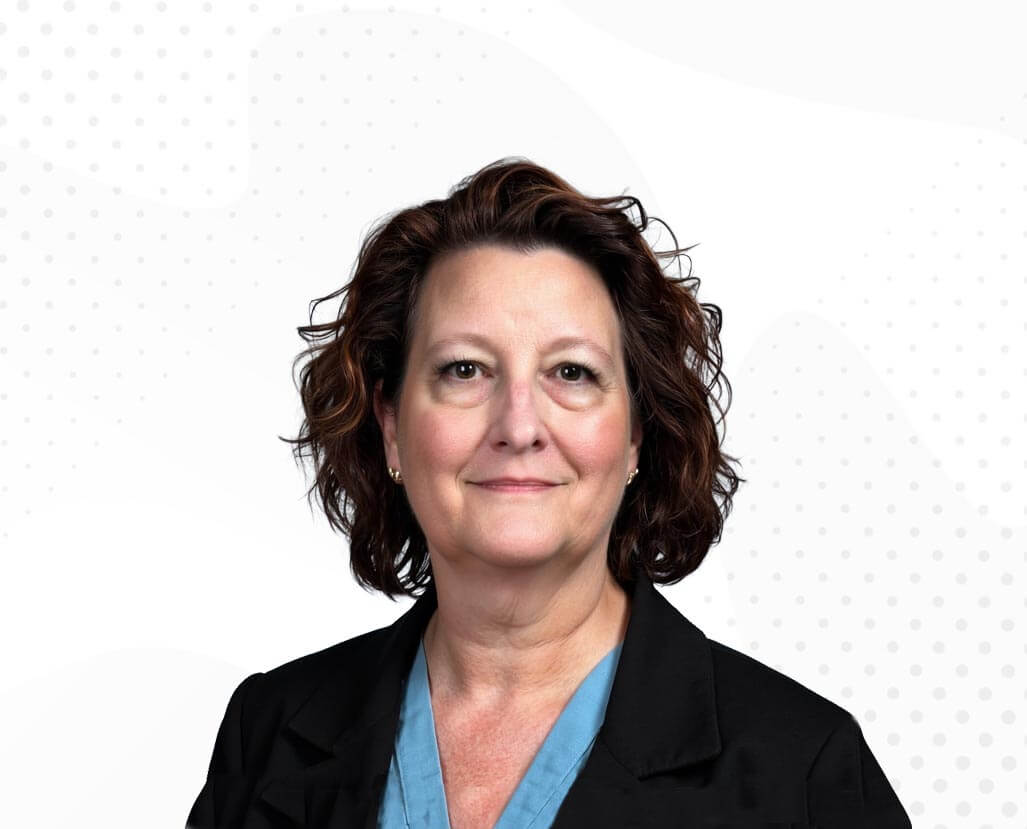As executive managing director of our Medicaid Enterprise Services business, Donna Migoni is committed to transforming service delivery to ensure seamless and empathetic experiences across all touchpoints, supporting states in their mission to improve the health and wellbeing of the people they serve.
With over three decades of leadership in government health and human services, Donna brings invaluable insights into the complexities of government-operated health services. She led the development and implementation of the previous generation of Medicaid Management Information Systems (MMIS) and has been a key figure in the shift toward Medicaid Enterprise modularity. Donna has also overseen fiscal agent operations and government health business units, positioning her at the forefront of Medicaid modernization efforts.
At Maximus, she focuses on solutions and services that improve both provider and member experiences. She envisions a future where Medicaid solutions are not only effective, accurate, and flexible, but also enable state Medicaid and public health programs to fulfill their missions and support the needs of the most vulnerable populations.


